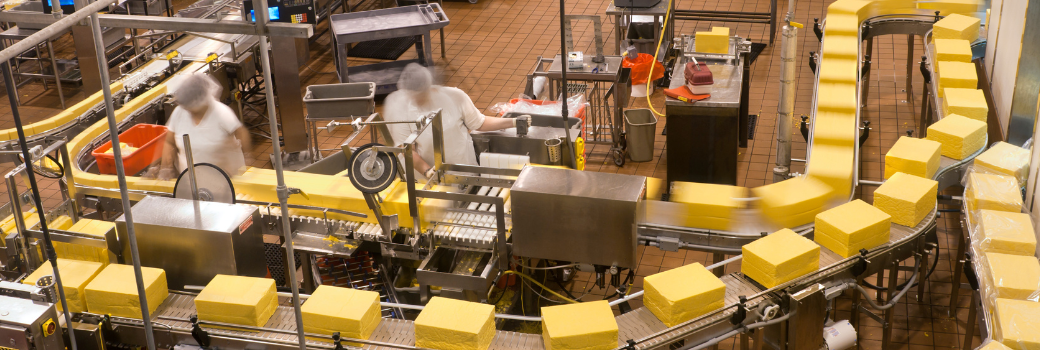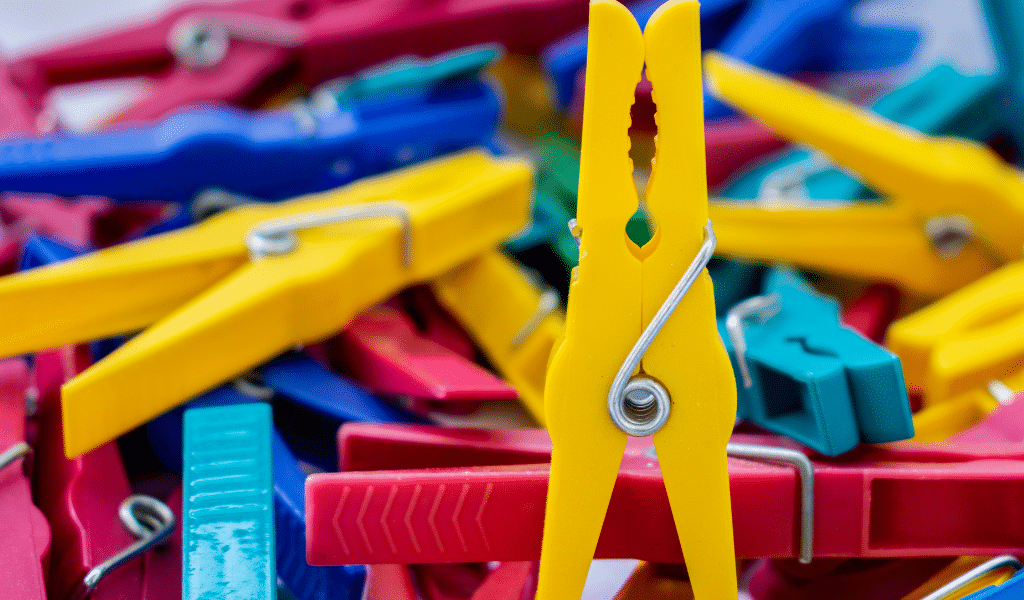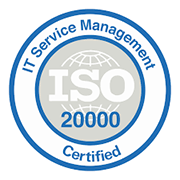As of January 1, 2023, Spain will have what is popularly known as a plastic tax.
plastic tax
. Although, to be more precise, this is a new excise tax on non-reusable plastic packaging.
This measure is part of the EU’s fight against plastic pollution.
EU’s fight against plastic pollution.
and packaging waste. This waste has increased by more than 20% in ten years in the Member States and is expected to increase by a further 19% by 2030, if current trends continue.
Single-use plastic products and fishing gear alone account for 70 % of marine litter in Europe. Their impact on the environment and human health is high and of concern. The new plastic tax 2023 The 2023 plastic tax will seek to counteract it.

Which sectors are most affected by the new plastic tax?
The new plastic tax in Spain affects any company producing or importing packaging that is considered to be non-reusable. That is to say, all those that are not designed or prepared to extend their useful life with other uses or for the same use on repeated occasions.
Thus, such an
environmental tax
especially taxes packaging such as food packaging (bottles, separator trays, films…) or secondary and tertiary packaging used in transport and logistics of goods (polystyrenes, packaging tapes…).
There are products that are exempted from the application of the regulations and the plastic tax. Such as inks, lacquers, paints or adhesives, plastic rolls for agricultural and livestock use or for specific medical, pharmaceutical and hospital uses or hazardous waste of sanitary origin.
Taxpaying companies that purchase less than 5 kilograms of non-recycled single-use plastic per month are also exempt.
Frequently asked questions plastic tax
One of the frequently asked questions about the new levy is: who pays the plastic tax?who pays the plastic tax?
In accordance with the “polluter pays” principle, it is the producer who must bear the costs, i.e., pay the plastic tax. plastic taxThe plastic tax, stipulated at 45 cents per kilo of plastic, is to be paid by the producer.
These companies will be responsible for declaring the kilograms of all their containers. Not only that, they must also comply with other obligations established by current legislation. For example, carrying out a traceability exercise for reporting or the communication to the State Tax Administration Agency of plastic purchases from third party companies. The fact is that plastic is a
AEAT tax
, i.e. managed by the Tax Agency.
New law on packaging and packaging waste
The new excise tax on plastic has been introduced by
Law 7/2022 of 8 April on waste and contaminated soils for a circular economy.
. As stated in its first paragraph, its objective is to minimize the negative effects of waste generation and management on human health and the environment, and to make an efficient use of resources in accordance with the
new circular economy strategy
.
In addition to this law, the Royal Decree 1055/2022, of December 27, 2002, on packaging and packaging wastein order to adopt the Directive 94/62/EC of the European Parliament and of the Council of 20 December 1994 on packaging and packaging waste.This includes measures aimed at waste prevention, the promotion of bulk food sales, the increase in reusable packaging and the promotion of recycling and product marking.
Some of the objectives of the Royal Decree are:
- Achieve the packaging recycling levels set by the European Commission of 50% by 2025 and 55% by 2030.
- 20% reduction of single-use plastic bottles by 2030 compared to 2022 levels.
- A ban on the production or marketing of oxo-degradable plastic products such as straws, swabs, plastic cutlery and plastic plates, and on giving away plastic products to consumers as a whole.
- Reduce the marketing of cups, lids, caps and food containers intended for immediate consumption by 50% in 2026 and 70% in 2030, compared to 2022.
- The free distribution of plastic products delivered to the consumer is also prohibited, and a price must be charged for each one of them.
- The obligation to reduce the use of single-use plastic bottles in hotels and restaurants, increasing the use of reusable containers by 40% by 2030, and by 10% for domestic use.
If you are a producer and need digital solutions oriented to your new sustainability strategy, trust i3s to ensure compliance with the new regulations.
With
SAP Responsible Design and Production from i3s
you can calculate the cost of the plastic tax and opt for more sustainable alternatives oriented to the new Circular Economy.
You can also visit our website where we explain in more detail the origin of the plastic tax and how to manage it.






